Uncategorized
-
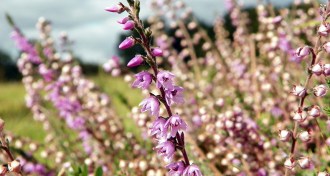 Plants
PlantsNarrowed plumbing lets flower survive summer cold snaps
Ice barriers help alpine plants save their flowers during summer cold snaps.
-
 Genetics
GeneticsEndurance training leaves no memory in muscles
Unlike strength training, endurance workouts left no genetic trace months later, calling into question idea of a general muscle memory.
-
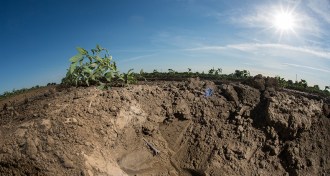 Earth
EarthNatural ally against global warming not as strong as thought
Soils may take in far less carbon by the end of the century than previously predicted, exacerbating climate change.
-
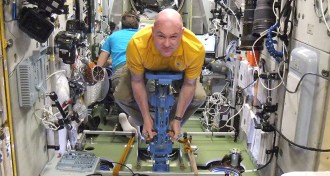 Astronomy
AstronomyOld-school contraptions still work for weighing astronauts
To weigh themselves, astronauts still use technology invented about 50 years ago.
-
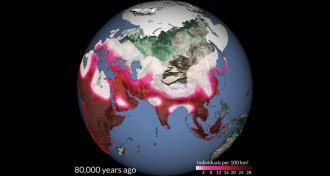 Genetics
GeneticsSingle exodus from Africa gave rise to today’s non-Africans
Genetics and climate studies differ on when modern humans left Africa.
-
 Science & Society
Science & SocietyScience relies on work of young research standouts
Editor in chief Eva Emerson discusses 10 up-and-coming researchers who will be answering science's biggest questions in the decades to come.
By Eva Emerson -
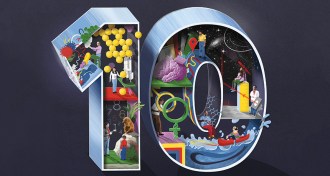 Science & Society
Science & SocietyThe SN 10: Meet the scientists making the next big discoveries
Science News spotlights 10 rising scientists who will transform their research fields over the coming decades.
-
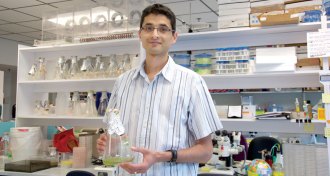 Life
LifeAneil Agrawal unites math and mess
Evolutionary geneticist Aneil Agrawal is equally at home with real and hypothetical fruit flies.
By Susan Milius -
 Health & Medicine
Health & MedicinePhil Baran finds simple recipes for complex molecules
Chemist Phil Baran draws on artistry and creativity to efficiently synthesize molecules that could improve people's lives.
By Eva Emerson -
 Neuroscience
NeuroscienceJessica Cantlon seeks the origins of numerical thinking
Cognitive neuroscientist Jessica Cantlon wants to find out how humans understand numbers and where that understanding comes from.
-
 Materials Science
Materials ScienceQian Chen makes matter come alive
Materials scientist Qian Chen is coaxing nanomaterials to self-assemble in new and unexpected ways.
By Meghan Rosen -
 Humans
HumansLawrence David’s gut check gets personal
Computational biologist Lawrence David regularly opens himself to new scientific challenges, including tracking his own microbiome.